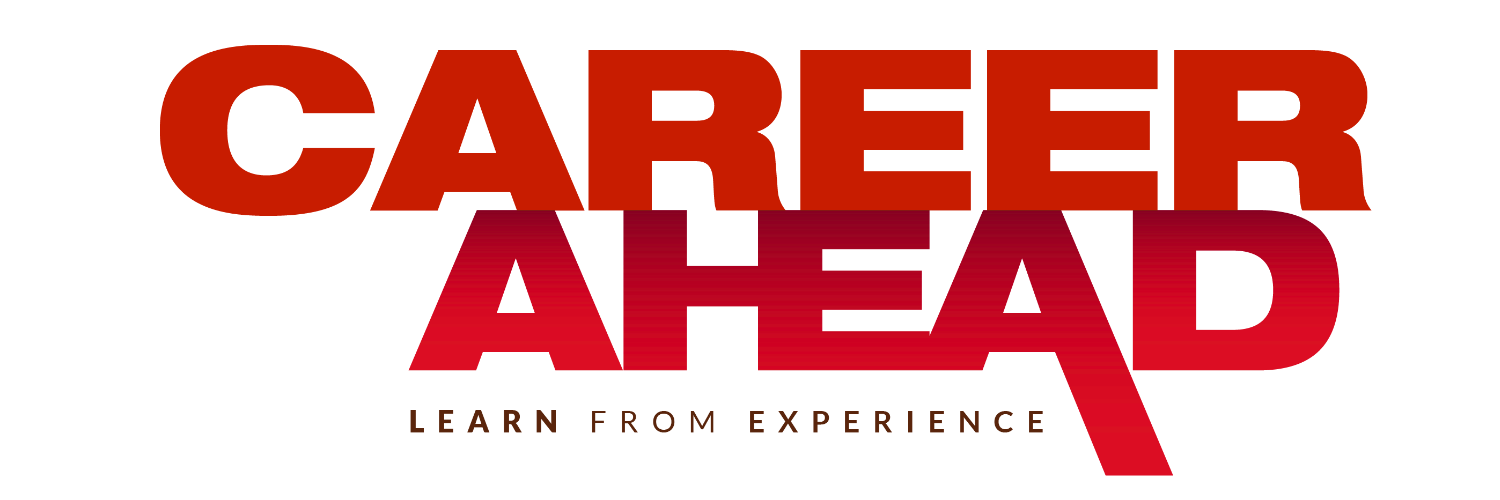No products in the cart.
Q&A with Ankita Raina
“The life of an athlete, even as a kid, can be extremely challenging – with rigorous hours, lonely travel, and dealing with defeat; but to have the support of your family in those moments means everything”
Currently India’s number one women’s tennis player, Ankita Raina is an inspiration to a whole generation of young Indians and sports enthusiasts. She is only the fifth tennis player representing India to enter the top 200 singles rankings, and the third Indian woman to break into the top 100 WTA rankings in doubles. While playing for India, Ankita has won two gold medals in the 2016 South Asian Games and a bronze medal in the 2018 Asian games, and is currently preparing for her first appearance in the Olympics. She graciously took some time out to answer a few questions for our readers.
Q1 Congratulations on being ranked the number one women’s tennis player in India! How did this achievement make you feel?
Thank you! I feel grateful reaching this far and I’d say it’s one milestone achieved; there’s still a long way to go, but yes, it was one of my dreams to be number one in India when I was growing up. It’s a great feeling, definitely, which also comes with responsibility as people look up to you. It is more special because it’s not only in singles but doubles as well. This was possible due the support and encouragement of my family, especially my mother who’s been a pillar of strength, my sponsors and all my coaches and my team…I believe in team effort!
Q2 Do rankings affect your game at an emotional/mental level?
I remember a few years back, in 2014, I won my first ITF $25K event in Pune (being the second or third Indian female to win that event), before that I’d won other ITF events too. In 2015 when I was number one in India, I was about to break into top 200 after making the finals of another ITF 25k event in my hometown Ahmedabad. At that time, it felt like I was very close to making it to the slams as I reached rank 220 in the WTA singles rankings; but it didn’t happen immediately as I had thought or planned. In tennis we defend points every year from the previous year, so even to maintain that ranking is not easy. I’ve seen so many players around that ranking who have been there for a while and then dropped down quite a lot; so it’s challenging. At that moment, to get inside top 200 world rankings I probably needed 100-200 points, and for two or three years in a row, by the time I got to December I used to be so stressed mentally, physically, and emotionally because I was not able to meet my expectations and goals that I had set for the year end. I was putting too much pressure on myself with rankings and that was affecting me on court, in matches, and in practice sessions; I wasn’t enjoying playing and the process. It was only when I completely let go and started enjoying being present in the moment that things started changing and I won another ITF $25K event in Gwalior in March 2018. After which I broke into the top 200 for the first time and played my first Grand Slam, ROLAND GARROS, in the singles qualifying event. And with that, I became the third Indian, I think, to make it to the slams. So, it’s always about being in the process.
Q3 You began training at the young age of five. Do you think there is any ‘right age’ to begin training if you wish to reach a professional level in any sport?
I started playing tennis at the age of four actually! My mother introduced my older brother and myself to the sport just as a children’s activity/hobby. She was a sports enthusiast and coincidentally, there were tennis courts right behind our apartment, so it was also convenient for her, as she was a working woman. So naturally, she didn’t do it with any future plans in mind, but she always supported me. Coming back to your question, certainly it is best to start any sport at a tender age so that the child develops the skills, coordination, and base which is easier to learn at that time. By the time you start playing competitively, you’ve already got the experience of hundreds or thousands of matches, which really helps an athlete. To be a professional you need commitment, perseverance and dedication to put in the hours. But I feel no one can decide whether they will be a professional before they take up a sport, as a lot of factors come in play. In general, I feel it’s never too late to start anything for that matter.
Q4 What role does family play in the life of an athlete? How important is family support?
For me family support is everything. My mother was a sports enthusiast and that’s what got me into sport at such an early age. My family’s support through the years has been instrumental in me being where I am. The life of an athlete, even as a kid, can be extremely challenging – with rigorous hours, lonely travel, and dealing with defeat; but to have the support of your family in those moments means everything. We can see, of late, that parents are encouraging their children to pursue sports, and I’d urge more parents to support their children through this. That is why my message to parents is to always support their children in their dreams, without forcing and pressurising them, and to not get affected by the challenges, but to do the best they can to fully support them. I see for a lot of parents its normal to criticize, which is okay as long as it’s not done in a negative way, it is ultimately in their hands to provide a positive environment for their child to grow!

Q5 Do you believe athletes are born with a certain talent, or can anyone who is dedicated and passionate achieve such heights with the proper guidance and training? Or is it a combination of both factors?
I have seen people who are talented, not just athletes, so definitely that plays a part. However, I believe that without discipline, hard work, guidance and a bit of luck one can struggle even if they are gifted. So, yes there is a mix of both, but no matter how gifted you are, you can’t achieve success without proper guidance and hard work, so that surely is one of the main ingredients that no athlete can do without. As they say, “Hard work beats talent when talent doesn’t work hard”.
Q6 The Olympics are right around the corner. This must be a moment you have been looking forward to since you started playing professionally. How do you cope with the feelings of excitement / anticipation?
I had many dreams I’d say…playing for India, being number one in India, winning a medal for the country at the games, and lastly playing the four major slams and winning it one day. It’s not that I never thought of playing at the Olympics or winning a medal there, but it is a really big deal, because the best of the best compete there! It comes around only once in four years, and in tennis it’s even more difficult as there’s no one event in which you participate and if you win, you’ll qualify, as in some of the other sports.
So, firstly, you have to be in the top 80-90 to qualify for the singles event, and in the top 60-70 combined ranking in the doubles event; on top of that, only four players from each country can participate even if you are within that ranking. So, I was aware of all of this and thought it would be extremely tough, but I think somewhere in 2012, I started thinking in that direction and preparing for it. As far as I remember, in the 2012 London Olympics I missed the opportunity just by luck. I would have been number two in doubles in India, since I had won back-to-back events in doubles, but as Roland GARROS was in process and the rankings get updated the day after the majors end. So, as the rankings were yet to be updated, I didn’t make it. In 2016 for the Rio Olympics, I missed the chance again in doubles by a few spots. I was better ranked this time than earlier but there was another player who was ranked higher than me and got the opportunity to team up with Sania for the Olympics. Now when I think about it, I definitely feel it happened for the best as this year I’m in the top 100 women’s doubles world ranking, I won a WTA title apart from many others, and played all the three grand slam main draw events in doubles. I feel I’ve learnt a lot more and am more experienced than I was in the previous years. Also, playing and winning along with Sania in the Fed cups has given a lot of learning and confidence – she is one of the best in the world.
This time, when it was finally announced, I was finding it tough to believe as it was supposed to take place last year and it was pushed, there was no certainty whether it would even be possible to conduct the Olympics with the pandemic. A lot of athletes lost the time to prepare as training was not possible, competing and match practice was out of the question. I have to keep pinching myself to see if this is actually happening. Representing the country at the Olympics is the dream of every athlete and that dream now will turn into a reality for me. I’m excited and really looking forward to it, but I’m also focused on the task at hand. The world’s best athletes are going to be there, and to finish on the podium, I know I’m going to have to play my best tennis ever, and that’s what I’m focusing on.
Q7 How do you deal with the pressure of international games?
It’s natural to have nerves and pressure, the best of athletes feel it, they just know better how to control or play with it. I’m used to it and for me, I try to stay in the process, in the present, that has helped me. Having said that, of course it’s my debut at the Olympics so I want to be able to give my best and have been preparing for it. But my best has always come when I’ve played for the flag, pressure is what we play for, it’s privilege!
Q8 What motivates you the most? What drives you to train?
I have always believed in being the best version of myself. I want to get better each day and see how far I can go in this sport, so I try to make efforts towards that. I want to inspire a lot more people to take up tennis, for that matter any sport…firstly because more people will have a better lifestyle, and secondly we’ll have more sports icons at the international level since more will be competing.

Q9 What has been the most challenging aspect of your life as a sportsperson?
For me, the most challenging part has been travelling alone as both my parents were working for their respective jobs and also, due to financial limitations, I couldn’t afford a coach / trainer or for that matter, the expenses of one more person travelling with me, for most part of my career so far. I started travelling by myself from the age of 12/13 in India, and by 14 I was also travelling internationally, all by myself! It helped me grow as an individual and definitely made me stronger on court as well.
And as I mentioned above regarding the financial limitations, I am grateful and have been fortunate enough that I got the right kind of support whenever it was required; whether it was playing my first event abroad as a junior or when I started the professional tour, I got support whenever I was in need and I’m very thankful to all my sponsors. A private company named Dishman Pharmaceuticals came forward to sponsor my first event abroad when I was a junior, due to their support I competed in Jordan in an ITF U-14 where I won my first trophy abroad as a runner-up. Also, when I became number one singles player in India, I got the support of the Gujarat Government and Sports Authority of Gujarat through the Shaktidhoot scheme, to compete at the international circuit for 25-30 weeks, which happened after a brief meeting with our current Prime Minister Shri Narendra Modi Ji who was then the Chief Minister of Gujarat. This was one of the major turning points in my tennis journey.
Q10 What is your favorite memory of playing tennis / your favorite moment as a professional tennis player?
As an athlete every win is special – whether it’s on the domestic or international circuit, but I have a strong memory of winning the medal at the Asian Games 2018 for India. It was really special and a proud moment for me. This year as well, I played in the main draw of Wimbledon, Roland Garros, and Australian Open, and those were incredible moments. There are of course others, and hopefully more to come too!
Q 11 What do you love the most about being a professional athlete? Did you, at any point in your childhood, consider any other career as an option?
I love travelling, I enjoyed it as a kid and due to my profession, I get to visit different parts of the world, meet so many lovely people and get to know different cultures. In childhood as well I would say that I wanted to become a tennis player, but I do remember that at one point I was keen towards joining the armed forces.

Q 12 What is the most important piece of advice you would offer those who aspire to be in your position?
I would say dream big, believe in those dreams, and work hard towards them. Everything starts with a dream, so please dream freely, and then put the work behind it to make it come true. Stay disciplined, there’s no shortcut to hard work, and be in the process. Don’t compare yourself to others as every individual has different circumstances, and it only leads to jealousy and being ungrateful for all that you have. Be the best version of yourselves; you are your only competition, try to get better each day.
- The Q&A (Interview) was originally published in Career Ahead July 2021 issue.
Author
-

Career Ahead, the flagship handle of Career Ahead Magazine, is dedicated to molding the next generation of professionals and entrepreneurs. Our mission is to educate and inspire today's ambitious minds to become the icons of tomorrow. As the ultimate tool and resource, we cater to young students, budding entrepreneurs, and innovative startups, providing them with the knowledge and inspiration needed to navigate their paths to success. Through in-depth articles, insightful analysis, and inspiring stories, Career Ahead empowers its readers to forge their futures in the ever-evolving world of work and enterprise.
View all posts












